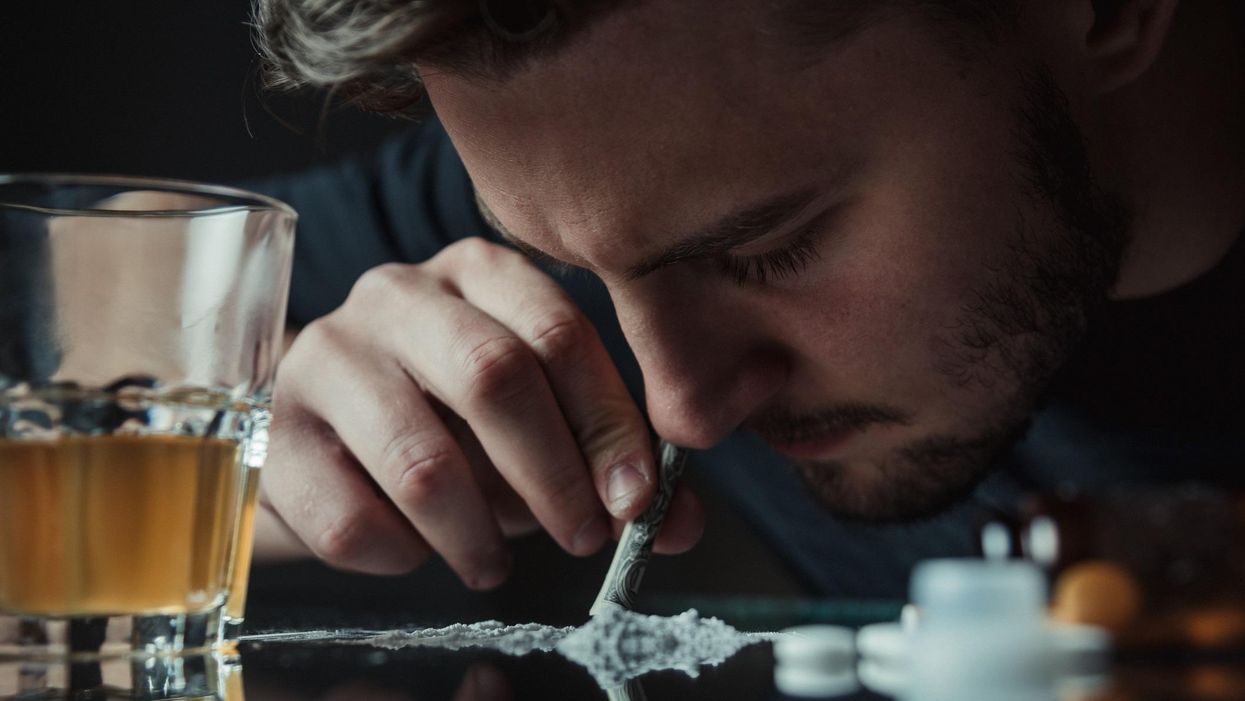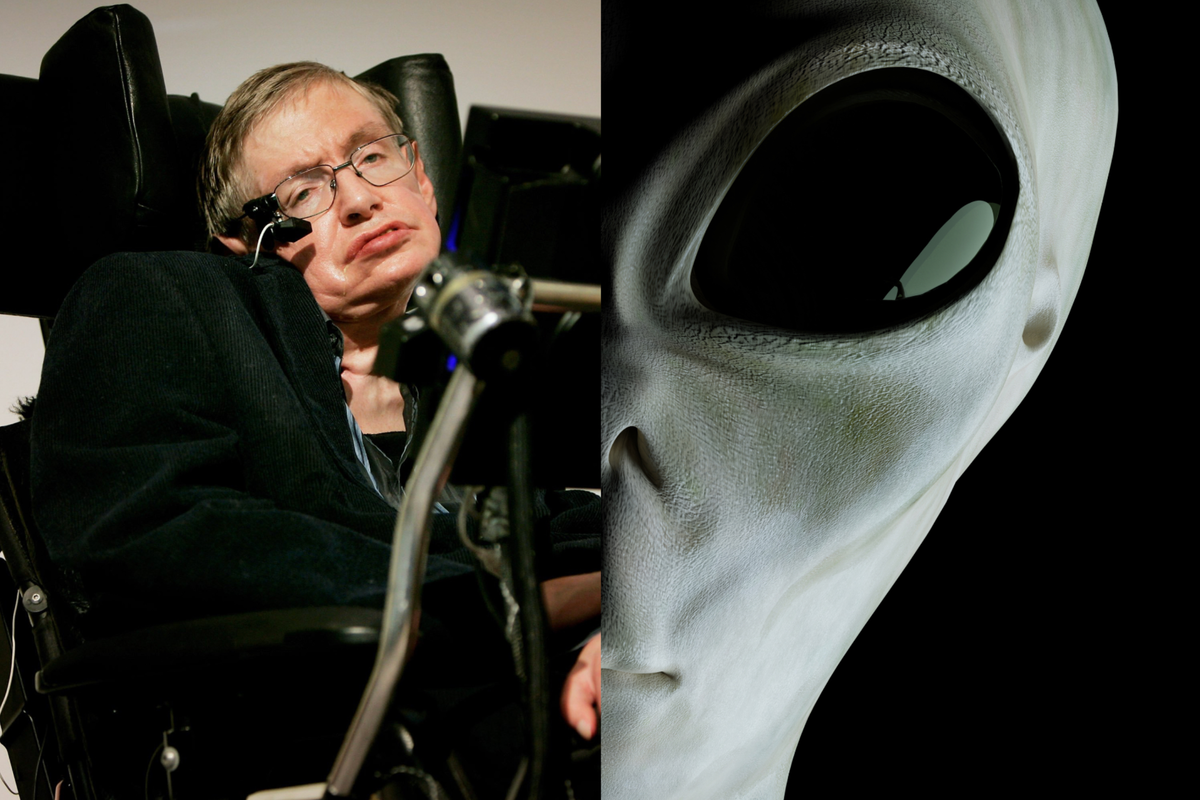
Happiness.
Other than that, scientists have analysed the effects of the Class A drug, possession of which can lead to a seven year custodial sentence, an unlimited fine, or both.
According to the NHS that cocaine is:
Cocaine is a stimulant that makes you feel high, confident and full of energy. But this can turn into feelings of anxiety, panic and paranoia. Regular cocaine users can end up feeling exhausted and depressed.
Cocaine increases the level of dopamine in the brain, stimulating receptors in your brain cells. It activates the ‘reward pathway’.
According to the US National Institute on Drug Abuse, the reward pathway includes the prefrontal cortex.
The infralimbix cortex, within the prefrontal cortex, is the part which forms habits and regulating behaviour, a clearing house for tendencies.
How addiction works
Thanks to researches at the University of Iowa you can learn how cocaine addiction works happens without the inconvenience of prison time.
In a study of addiction, researchers hoped to find a way to ‘re-programme’ the brain to avoid destructive tendencies such as addiction to harmful substances.
They looked into how suppressing the activity of the infralimbix cortex leads to addiction.
One set of rats were given cocaine by pressing down a lever (which is quite a liberal approach to substance control).
Then the cocaine flow was cut off. The scientists observed over a two-week period that as the rats began to realise the levers no longer produced cocaine, they began to press them less and less.
A second set of rats followed the same process, but when the cocaine was cut off, the scientists turned off the neurons of the infralimbix cortex. They did this whenever the rats pressed the levers. After 2 weeks, the rats continued to press, in search of cocaine, and their addiction remained strong.
In addition, the researchers found that shutting off the cortex for the first five days was the critical period for fighting addiction – like getting over the hump of going cold turkey.
HT EurekAlert, NHS, NIDA, Plymouth Herald












